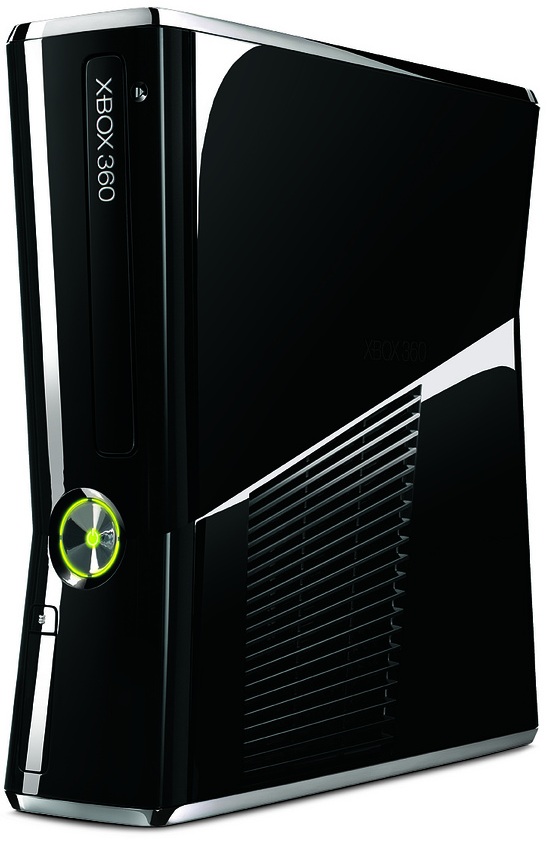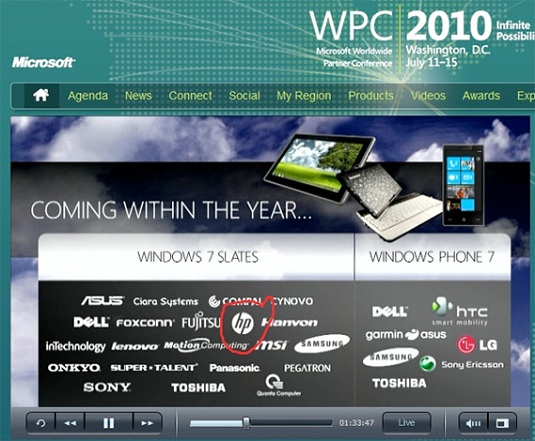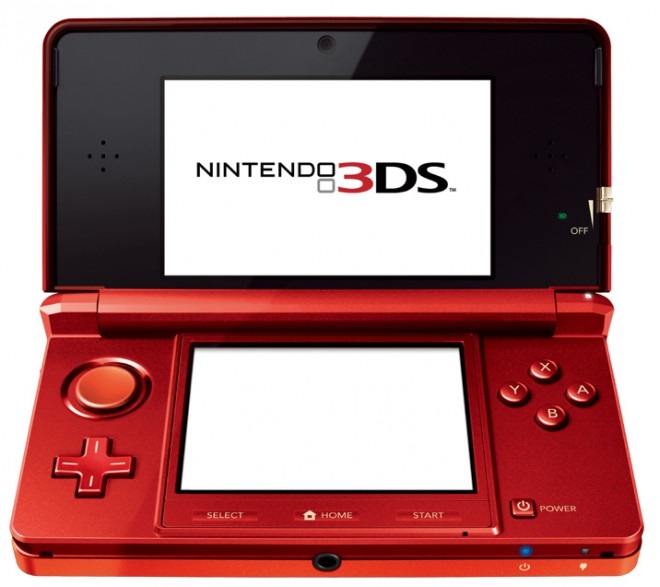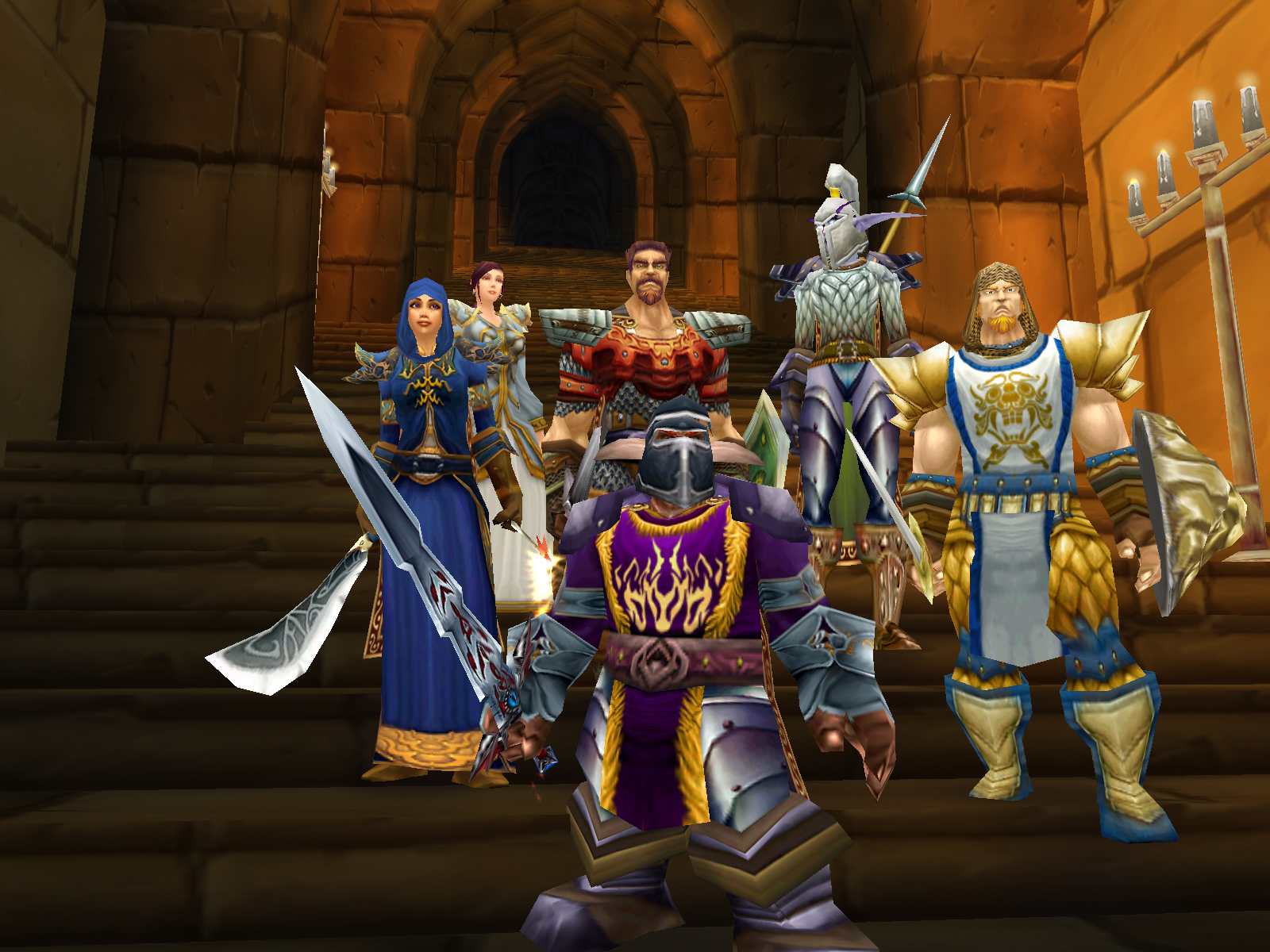 Microsoft has gone quiet on the fate of Xbox 360 Arcade, a cheaper, feature-barren version of the main console, but that’s not stopping Amazon Germany from sharing some secrets.
Microsoft has gone quiet on the fate of Xbox 360 Arcade, a cheaper, feature-barren version of the main console, but that’s not stopping Amazon Germany from sharing some secrets.
The online retailer now lists an “Xbox 360 Arcade System Bundle 4 GB.” There aren’t any other details available besides that one line, which is at least enough to tell us that Microsoft could significantly boost the low-tier console’s storage capacity.
As the Xbox 360 gained better specs over the years, the stripped-down model improved as well, going from wired to wireless controllers and gaining an HDMI output while dropping in price, eventually to $200. But the Arcade console was held back by a mere 256 MB to 512 MB of storage capacity. The main console’s 120 GB hard drive and wired headset was worth the extra $100 if you planned to download games or play online.
The latest Xbox 360 model has a 250 GB hard drive and built-in wireless. That’s a pretty good deal, but with Microsoft now allowing Xbox 360 storage on USB sticks, it’s possible to have plenty of storage on an HDD-free console for cheap. Put together a 4 GB console and a 16 GB USB stick, and you’ve got the same amount of room as my late 2007 model, which has served me well so far.
Three things will be worth considering when Microsoft actually confirms a cheaper console: Will it have built-in wireless, will this bundle include Kinect, Microsoft’s motion-sensing camera, and of course, how much will it cost?
For now, Microsoft has scrubbed all mention of Xbox 360 Arcade from its Xbox landing page. If you want a bargain on what could soon be outdated goods, Amazon and Target are both selling old Xbox 360 Arcade bundles, with two games, for $150.









